EERA Blog
European Educational
Research Association
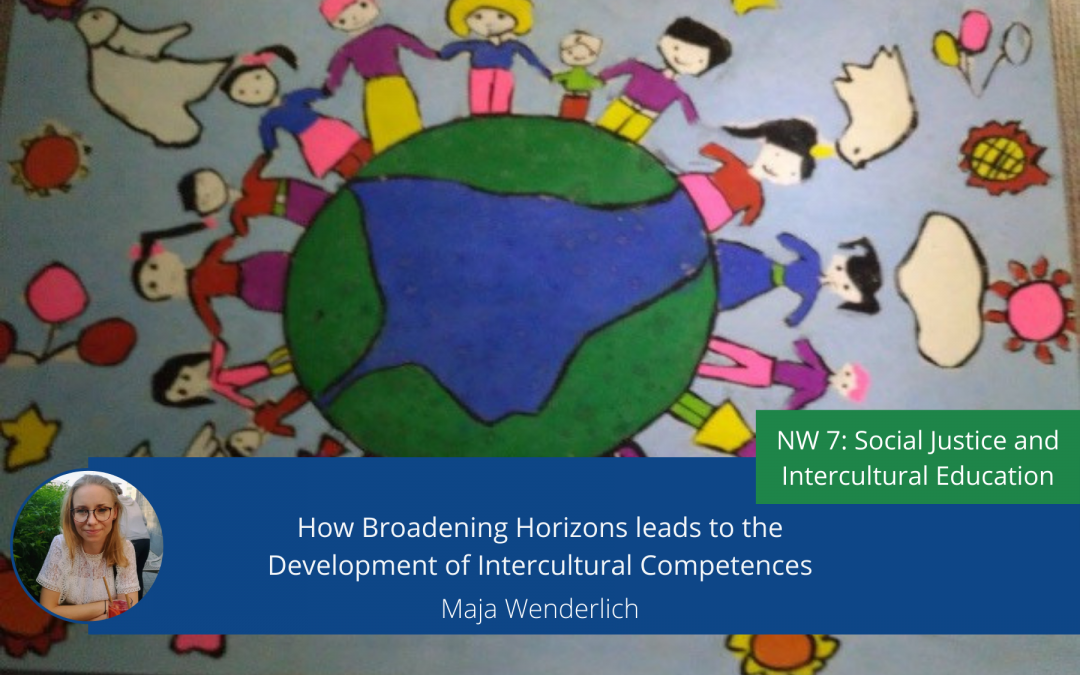
How Broadening Horizons leads to the Development of Intercultural Competences
I would like this post to inspire emerging educational researchers. That's why I’m going to include a lot of my own experiences. Currently, in Poland, intercultural competences are developed only during philological studies. While learning a foreign language, we can understand what these competences are and how they are supposed to work. What about the rest of society? Should only foreign language students be 'citizens of the world'? There are Erasmus type programs that allow all students to study abroad. However, not everyone knows how to take advantage of them. From an early age, children should be accustomed to diversity and taught that nothing is better or worse. Everyone deserves...
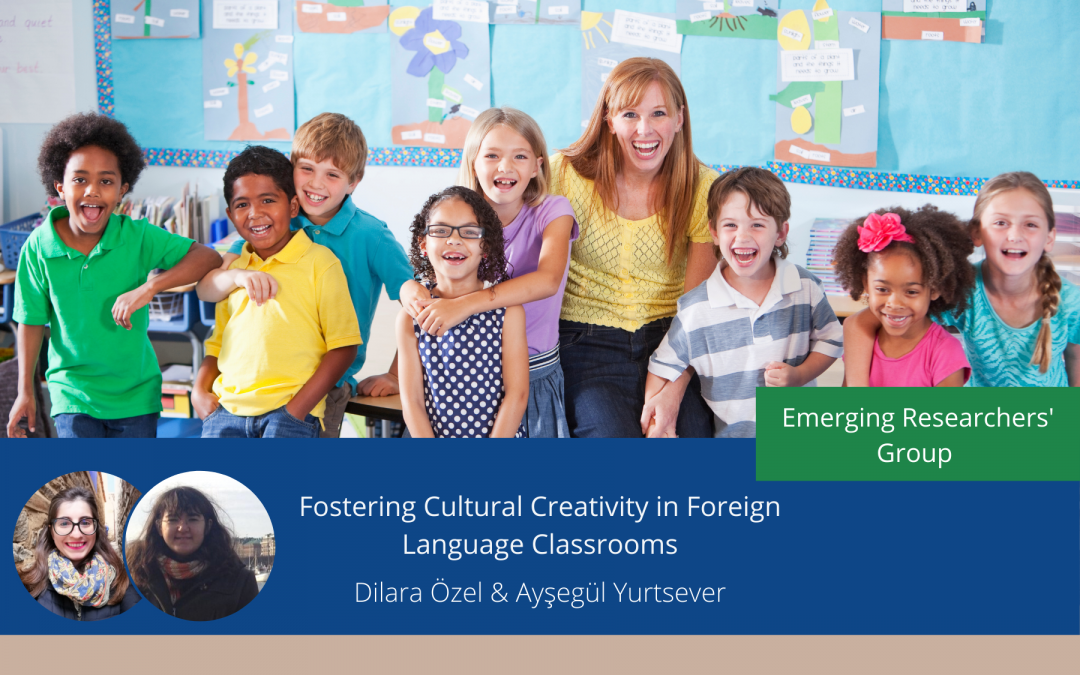
Fostering Cultural Creativity in Foreign Language Classrooms
As language is one of the prominent ways in which people express their cultures, language classrooms cannot be isolated from the teaching of cultures. In addition to four basic skills of language, which are listening, speaking, writing, and reading, culture is suggested to be regarded as the fifth skill of language classroom (Kramsch, 1993). Culture can be defined as concepts carrying historical roots represented through symbols, characters, or interactions in the daily lives of people (Geertz, 1973). Culture comes from the Latin word colere, meaning to cultivate, which implies developing and pursuing common goals. It entails being a part of a group that shares a mutual past, collective...
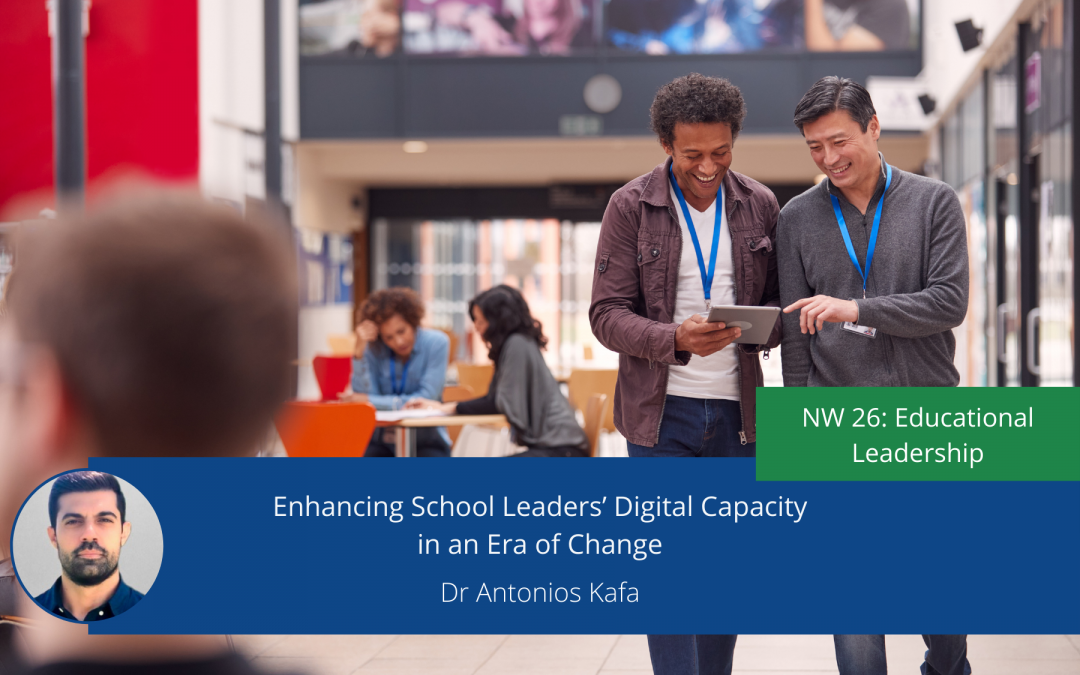
Enhancing School Leaders’ Digital Capacity in an Era of Change
School leaders in an era of change In the post-COVID-19 era, educational systems and school organisations must have a concrete digital educational implementation framework. This framework must include a concrete plan on the pedagogical aspect of distance teaching and learning processes. The above reference covers the two most important stakeholders in this particular digital era of educational change: teachers and students in school organisations. At the other end of the spectrum, school leaders need to maintain their leadership dynamic in these uncharted territories. The digital transformation of education has added a new level of responsibility for school leaders across Europe, even...
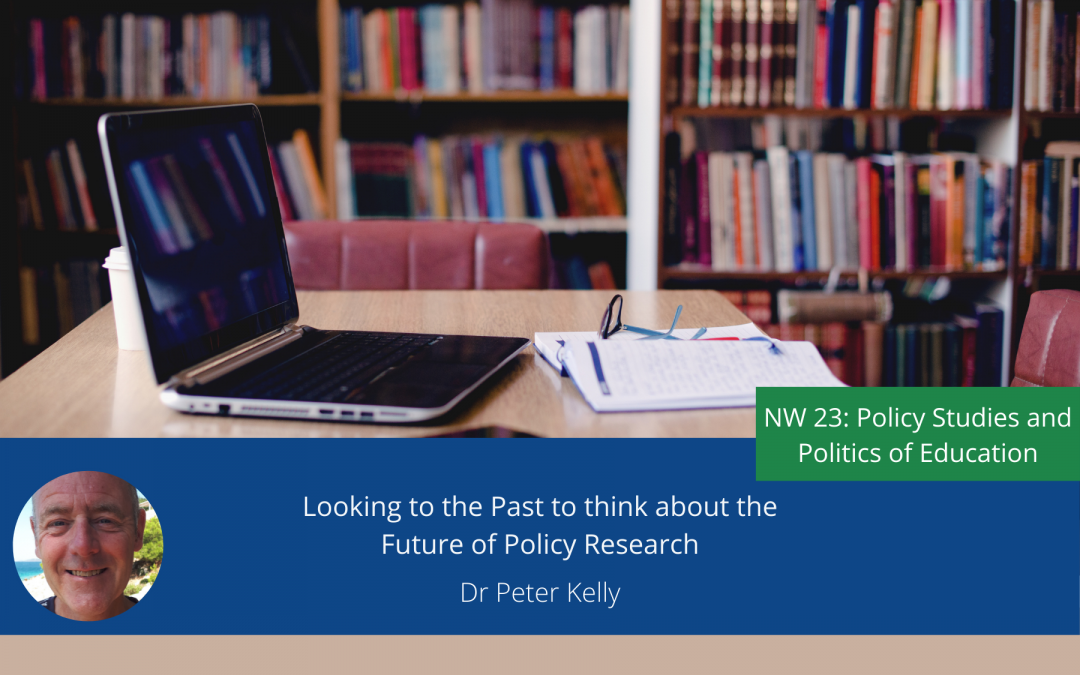
Looking to the Past to think about the Future of Policy Research
With the online European Conference on Educational Research 2021 fast approaching, to whet your appetite for what will doubtless be an exciting and stimulating event, you might like to revisit one of the academic highlights of spring 2021 for the Policy Studies and the Politics of Education Network (EERA Network 23). Our Online Seminar Series brought together leading academics in the field of education policy studies, all of whom have a close relationship with Network 23. Over 200 friends and associates of the network registered to attend the four seminars, reflecting the huge contribution made by each of our speakers to education policy research. In one way or another, our speakers looked...
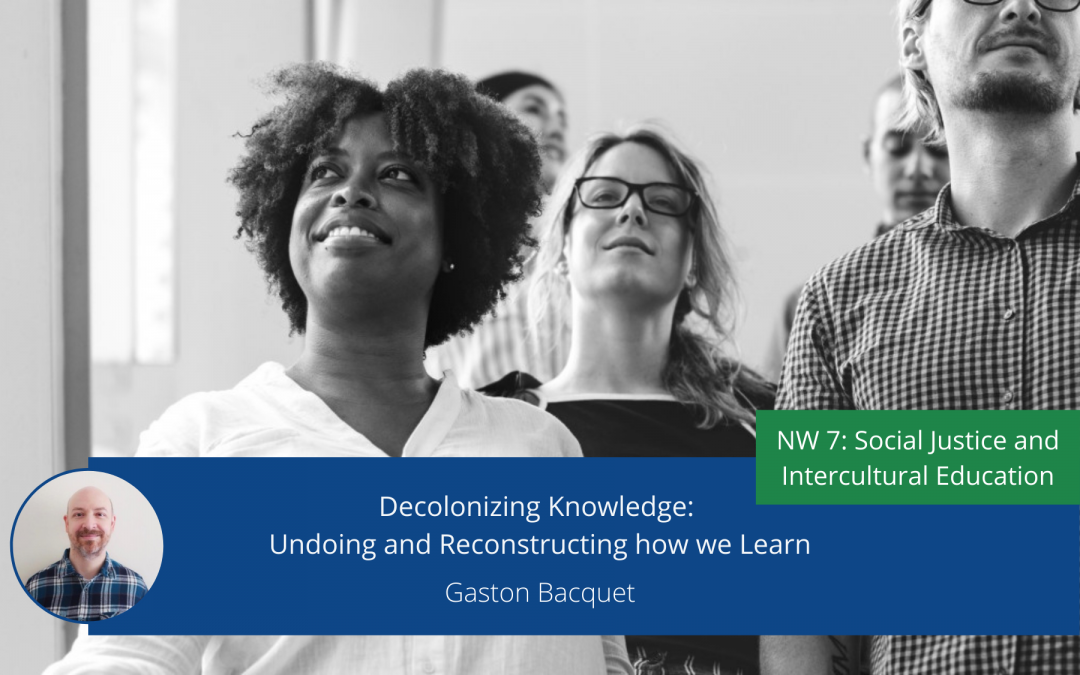
Decolonizing Knowledge: Undoing and Reconstructing how we Learn
When British-Ghanaian philosopher Kwame Anthony Appiah was asked during a lecture about cultural belonging, he suggested avoiding falling victim to the questionable idea that culture belongs to specific groups. Further, if the dubious concept of ‘Westerner’ were to disappear, it needed not be replaced with something else but that we should rather learn to relate to people in different ways, respectful of each other’s differences without an excess of identification. The lecture host (an English woman), cautiously navigating from question to assertion, said in relation to Western civilization, “But what holds us all together are these things you’ve sort of praised: liberalism, human rights,...
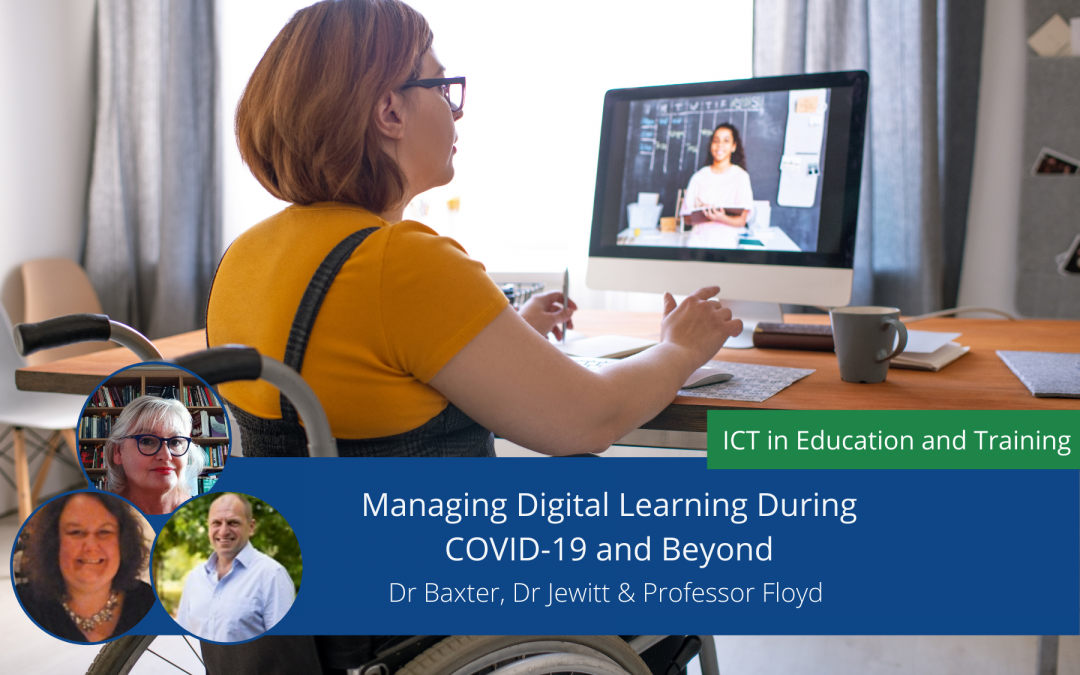
Managing Digital Learning during COVID-19 and Beyond
It is undisputed that Covid has had a massive impact on education and the way it is delivered, both in the UK and internationally. Whilst there have been a number of papers on the ways in which teachers have innovated during this time, and the impact this has had on their workload and mental health, there has been little on how school leaders and their senior teams have taken a strategic overview of online and blended learning. This post takes a look at a funded research project and explores why this area is so important for school leadership, both during the COVID-19 pandemic and beyond. The recent pandemic has led to unprecedented challenges for school leadership teams and their staff....
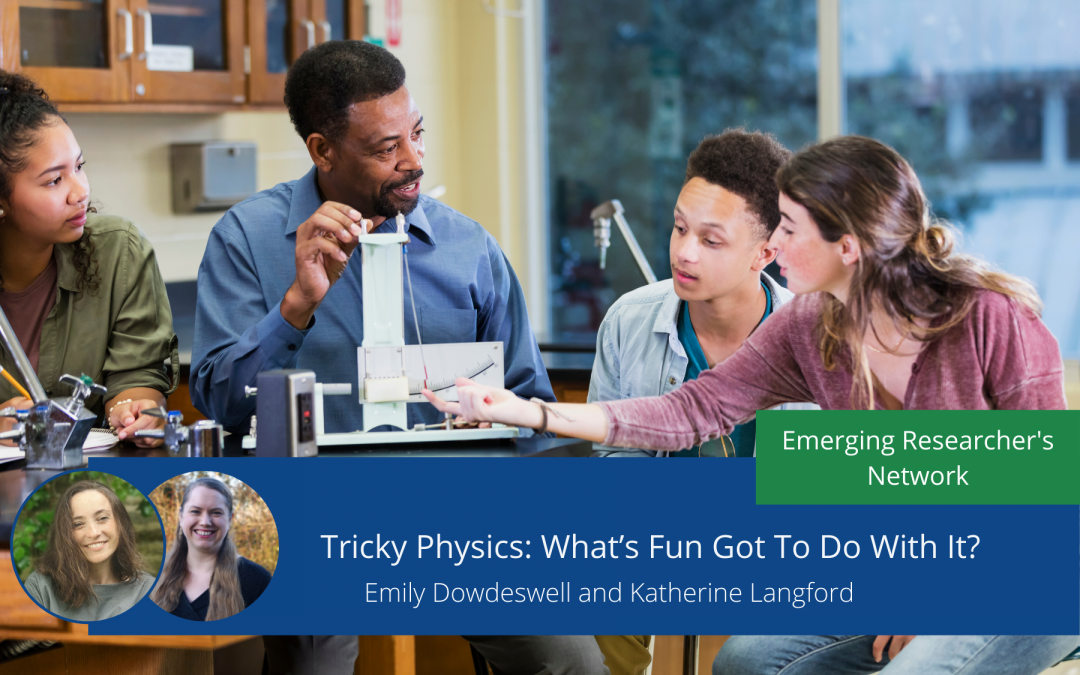
Tricky Physics: What’s Fun Got To Do With It?
When Katherine Langford spoke to six GCSE Physics teachers about the challenges encountered by children in the classroom, they all mentioned the use of fun approaches to learning. Thanks to The Open University’s spaces for interdisciplinary conversations between doctoral students, this caught Emily Dowdeswell’s attention. Emily is currently researching children’s perceptions of ‘fun’ in learning within the RUMPUS research group. While fun is often mentioned in interview data, the concept itself is typically taken for granted, or at face value. Are education researchers and practitioners missing a trick by not engaging with “fun” more deeply? Should studying Physics be more fun? Or is fun...
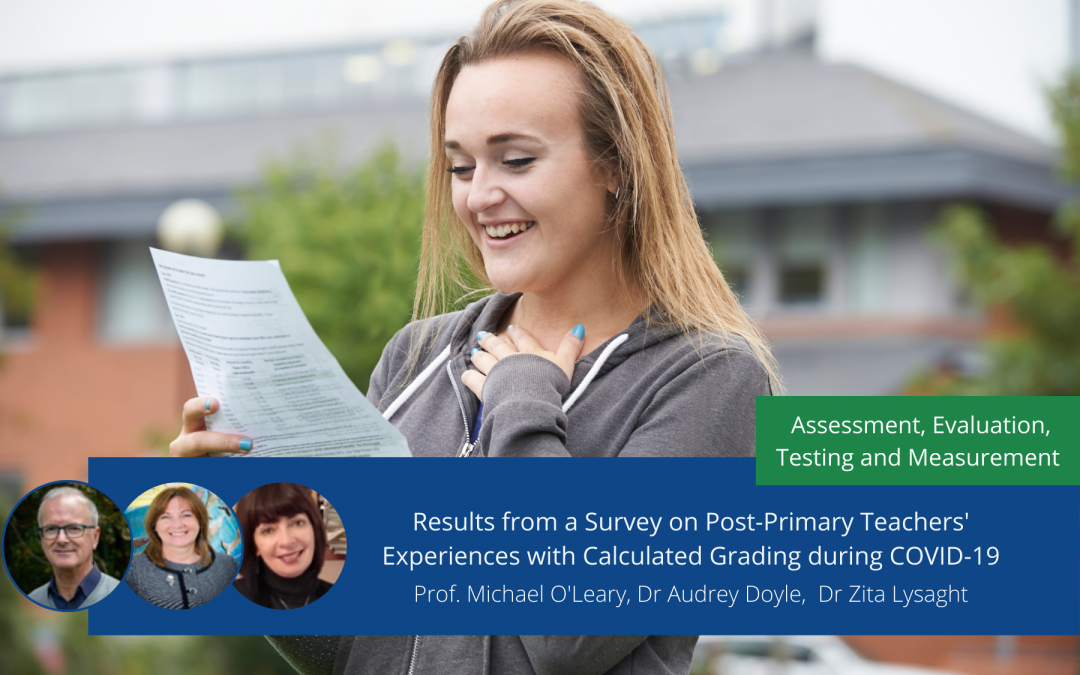
Results from a Survey on Post-Primary Teachers’ Experiences with Calculated Grading during COVID-19
In May 2020, as a result of Covid-19, the high stakes assessment at the end of post-primary education in Ireland (the Leaving Certificate Examination - LCE) was cancelled replaced by a system of calculated grades. In documentation sent to schools, the Department of Education and Skills (DES) made it clear that a calculated grade would result from the combination of two data sets: an overall percentage mark and ranking in each subject awarded to each student by their teacher (the school-based estimation process) data on past performance of students in each school and nationally (the standardisation process) Following the issuing of results to students and the completion of the appeals...
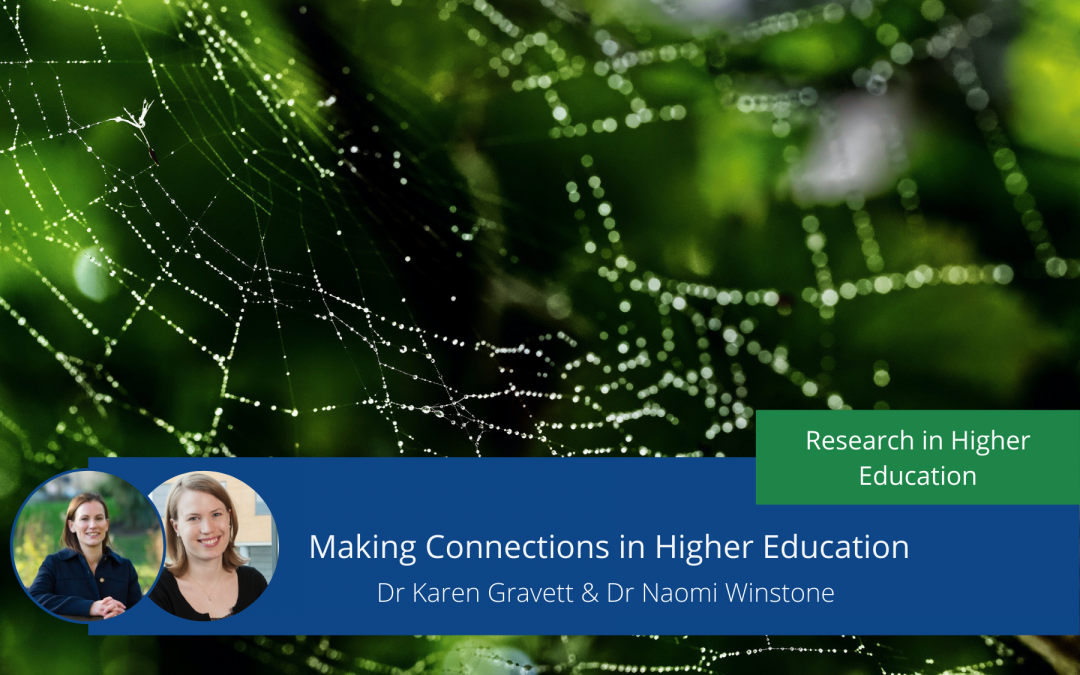
Making Connections in Higher Education
Relational PedagogiesWhat does it mean to teach and learn in higher education today? And more importantly, what should, and could, it mean? These are fundamental questions that speak to the values that underpin our practice, and that shape the cultures we foster and work within and the experiences our students have as they transition into and through university. In recent work, we have suggested that despite the dominant discourses that focus on student satisfaction, that depict higher education as a product, and construct students as consumers, meaningful interpersonal relationships remain of paramount importance to both students and staff. Meaningful connections enable learning, and...
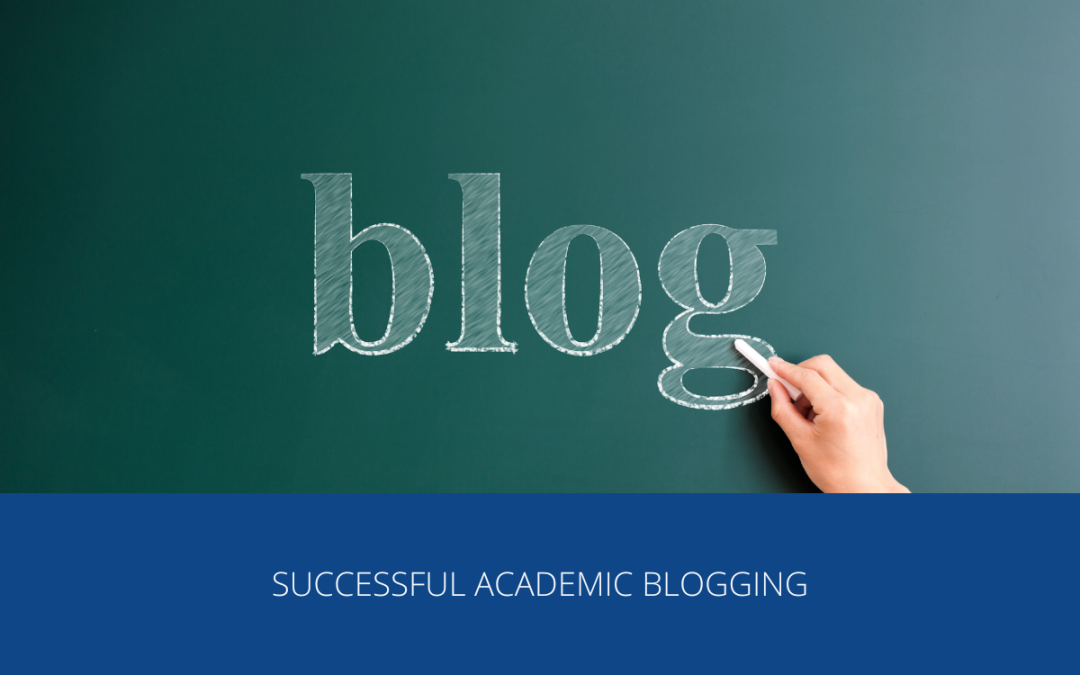
Successful academic blogging – or how to publish on the EERA Blog
If you've got an idea for a blog post, but you are new to academic blogging, we'd like to help. We have collected some tips to help you successfully pitch and publish a post on the EERA blog. Some of these tips are specific to the EERA blog but others will help you pitch to other academic blogs. When we started the EERA blog, one of the goals was to encourage educational researchers to share their work. As Professor Oksana Zabolotna put it, there is a wealth of insightful educational research stuck on 'dusty bookshelves'. We wanted to throw open the doors of the libraries and free the ideas of researchers from across the EERA family. Some of our contributors are established academic...
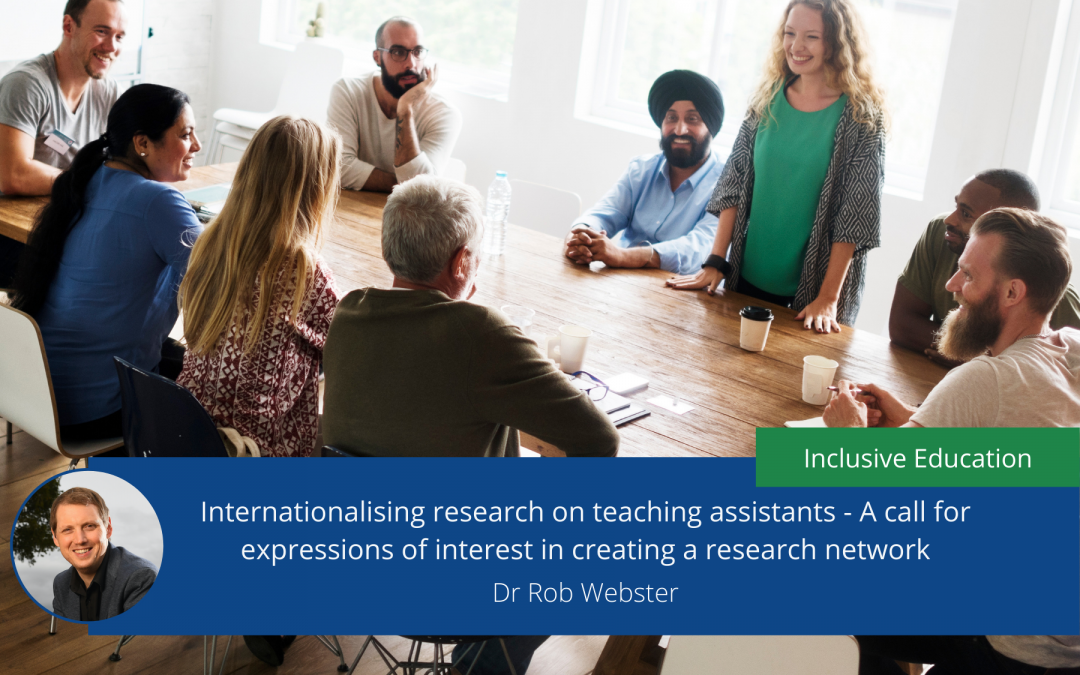
Internationalising research on teaching assistants: A call for expressions of interest in creating a research network
Across the globe, the drive towards the inclusion of pupils with special educational needs (SEN) in mainstream schools has become contingent on the creation and utilisation of a paraprofessional workforce, commonly known as teaching assistants or teacher aides (TAs). Australia, Sweden, Canada, Finland, Ireland, New Zealand, the US, and the UK have all experienced large increases in this section of their education workforce over the last quarter-century. It is claimed that in many territories, policies of inclusion and provision for pupils with SEN rely heavily on this ‘non-teaching’ workforce (Masdeu Navarro, 2015). And recent evidence from the UK shows how vital TAs have been to keeping...
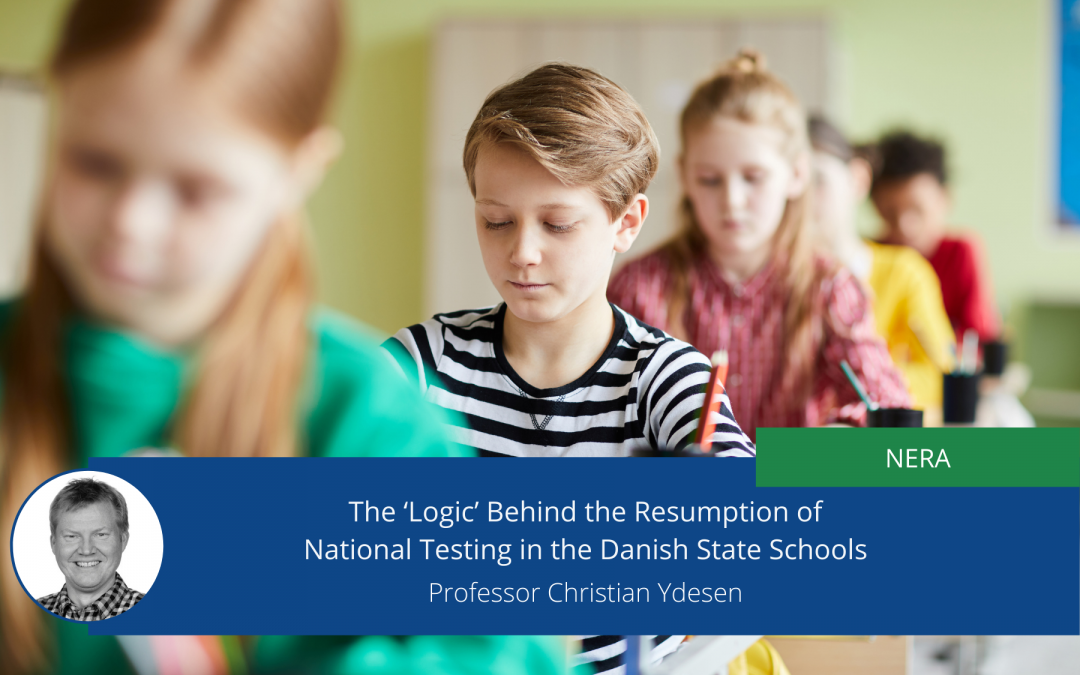
The ‘Logic’ Behind the Resumption of National Testing in the Danish State School System
On the 1st of February, the Danish Minister of Education, Pernille Rosenkrantz-Theil, announced that national testing would be resumed as of March 1st to evaluate the “learning loss” that has arisen in connection with the lockdown of state schools in Denmark. What is the logic behind this decision, and what does it say about the political priorities in relation to primary schools? The Danish Minister’s announcement that national testing must be resumed immediately after the reopening of public schools has not been well received by the Danish Union of Teachers and many individual teachers. For example, in an interview with the Danish radio station P1, teacher Anne Hammer pointed out that...
Write for the EERA Blog
If you’d like to contribute to the EERA blog, take a look at our Submission Guidelines to find out how to successfully pitch a blog post to our Editorial Team. Then send us a quick email to blog-mail@eera.eu
We look forward to hearing from you
